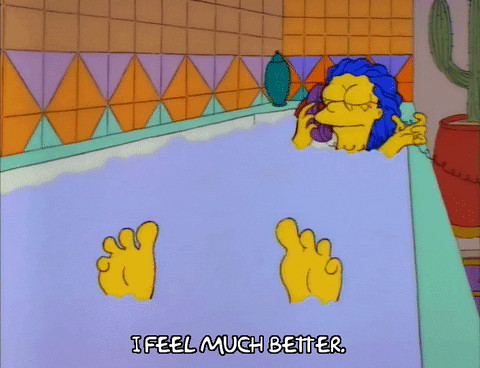Post-lockdown anxiety is a thing. We’re all in the process of readjusting to “normal” life, and that takes its toll.
It’s normal to experience a range of feelings, from excitement and relief through to stress and worry.
We were long enough in lockdown that we became comfortable with our daily routines. Even the parts we didn’t like.
Reinventing a new daily routine takes effort, as we need to override our old habits and inertia.
There might’ve been some aspects of lockdown you really liked, such as not commuting to work, spending more time with family or roommates, and greater flexibility in working hours.
Home may have also become associated with safety and control during lockdown, so heading out can seem daunting.
And while lockdown may be over, there are still lingering fears about the pandemic’s future.
For all these reasons, many people may have mixed emotions – including anxiety and fear – about leaving lockdown.
And it’s easy to avoid stepping out.
We know that when people avoid situations that make them feel anxious, they might feel less stress in the moment.
But over time, avoidance can make us feel even more anxious.
That’s why it’s important to expose ourselves to one social situation at a time as we’re coming out of lockdown.
Here are three ways to cope as you ease back to “normal” life.
1. Expect it to take time
Remind yourself a period of readjustment is normal, given the stressful situation the world is facing.
But this distress is generally temporary.
Allow yourself some downtime for bad days, and you’ll readjust quicker.
2. Talk to good friends
Seek support from people you feel comfortable with. Talk about how you’re feeling.
You might find others are struggling with the same challenges.
3. Re-unite with fun
Make an effort to do activities you find enjoyable or meaningful.
Make a list of things you weren’t able to do while in lockdown, and get out your diary.
For most people, the anxiety and stress will fade quickly as we settle back into our routines. But if you’re experiencing distress or anxiety that persists for weeks and is impacting your ability to function well at work or at home, please seek professional support at Better Help or My Mirror (Australia-based online therapy).
If you’re concerned about someone you know, you can also give us a call on (02) 8338 8506 or (02) 7903 0607 and we’ll see if we can help.



